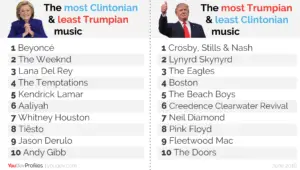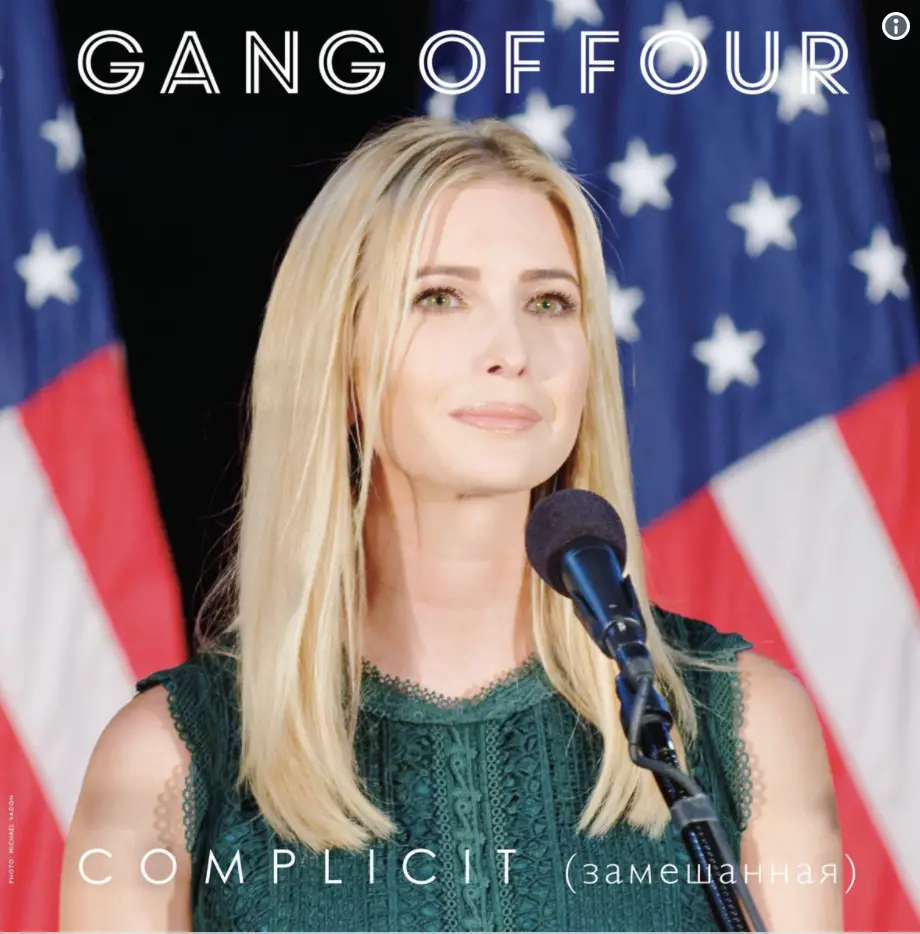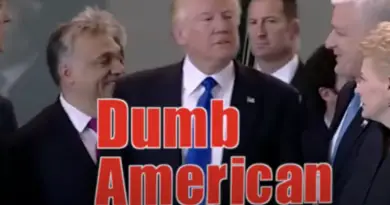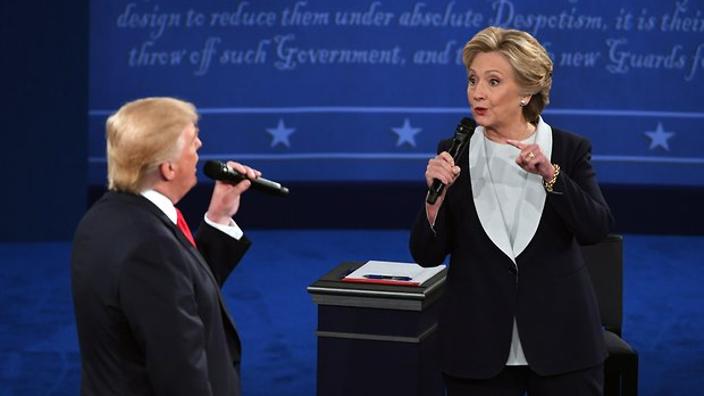
Pop Culture Trends Indicate Clinton Should’ve Won
If the musical preferences of a candidate and their supporters were a deciding factor in US politics, Hillary Clinton would—and should—have won last week’s presidential election in a landslide.
It’s not just because Clinton had more (relevant) star power in her court, including Beyonce and Jay-Z, Katy Perry, Rachel Patton and “Hamilton” author and star Lin-Manuel Miranda, although that doesn’t hurt, compared with Donald Trump’s celebrity backers: Ted Nugent and Scott Baio being the most notable.
Some academics are starting to look at the interaction of politics and pop culture, examining what predictive analytics and assumptions, if any, can be determined by reviewing a population’s interest in, say, streaming music and what kinds of genres are the most popular.
Stan Renard, a music marketing coordinator at the University of Texas at San Antonio, has been gathering data on the music played at campaign rallies varies across party lines. He’s worked with Smule, a mobile app developer that specializes in social music apps, to dig a little deeper into 100 million user-generated recordings to see if they could predict the outcome of the election.
“As many other polls suggested, both of these models had claimed a Clinton victory,” writes Cherie Hu, a contributor for Forbes, in a recent article. “Despite the election’s contrary results, their work sheds light on our culture and political divide, and underscores the vast swaths of data ripe for analysis in the wake of music’s digitization.”
The analysis takes into consideration songs favoured by the candidates – Clinton often played Patton’s “Fight Song” in addition to Perry’s “Roar,” while Trump played “You Can’t Always Get What You Want” by the Rolling Stones and Neil Young’s “Rockin’ in the Free World,” despite protests from both artists—as well as historical inclusion of music in prior campaigns. For example, while John McCain used only five songs during his 2008 run for the White House, President Barack Obama’s playlist included 26 songs, a list which increased to 41 songs when he ran against Mitt Romney in 2012. Romney, by the way, also used five songs.
But it’s also the era of the songs that seems to vary from party to party.
“Democratic candidates tend to rely on more modern campaign music from a wider variety of genres, while Republican candidates tend to pull from a narrow selection of songs from the ‘60s through the ‘80s, according to Renard’s study. More significantly, campaigns that use music from later decades are correlated with a higher percentage of the popular vote,” Hu writes.
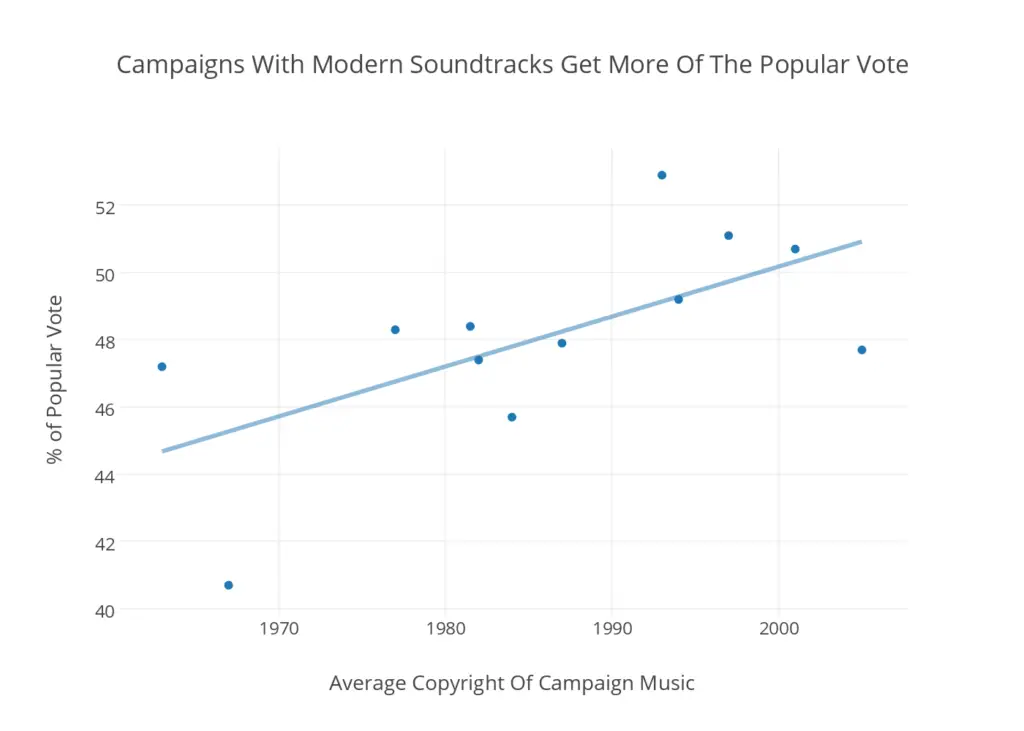
Based on Clinton’s use of 24 songs, compared to Trump’s use of eight songs, and the average copyright ages of the songs on each campaign’s list – 2005 for Clinton, 1982 for Trump—“the modern, diverse nature of Clinton’s campaign music should have given her an edge, securing 50.08% of the popular vote.”
Read the rest of the analysis here.
And just for fun, the folks over at YouGov.com came up with a chart ranking the musicians and songs that best represent each candidate’s campaign and preferences.
